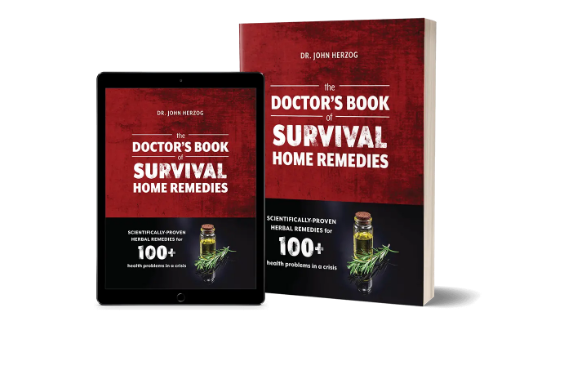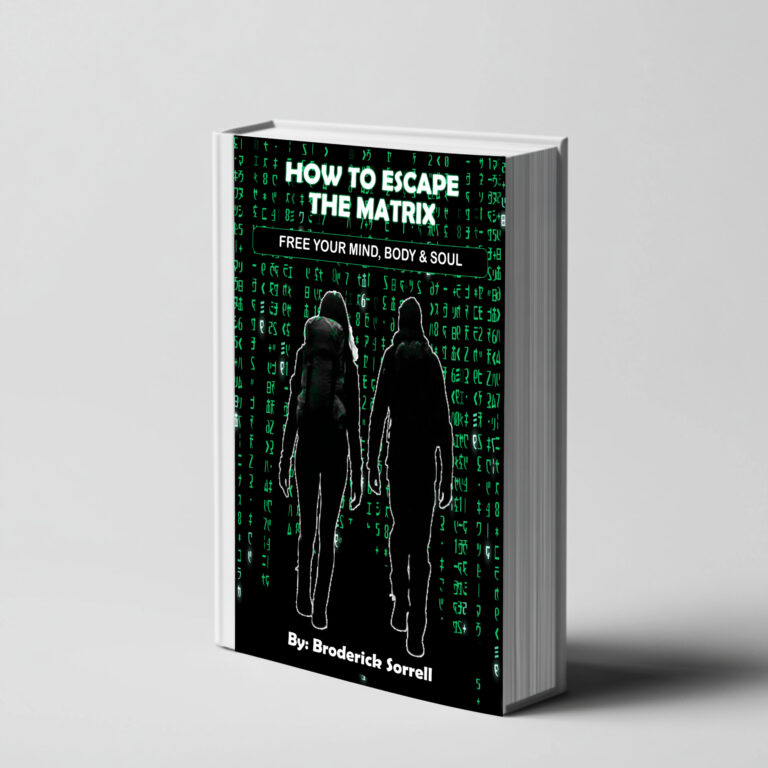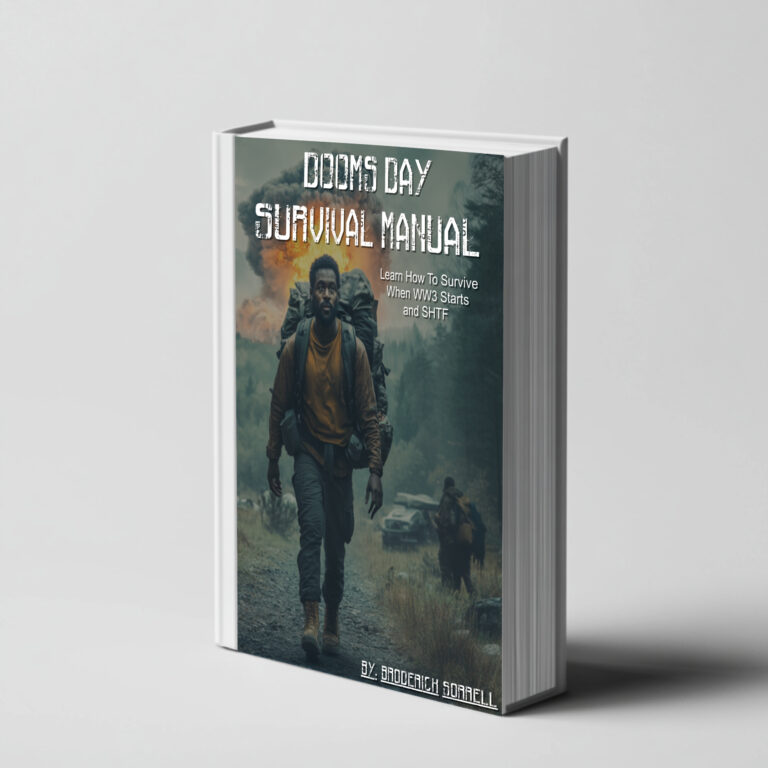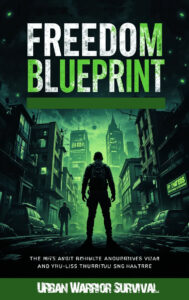
Popular
How to Survive a Nuclear Attack
A No-Nonsense Survival Blueprint for When the Bomb Drops

Let’s cut straight to it. If a nuclear bomb ever goes off, things won’t be like the movies. No time for dramatic slow motion or background music. Just a flash of light, a blast wave, and then silence. The scariest part? You don’t have to be at ground zero to feel the effects. Radiation, chaos, food shortages, civil collapse—it’s all real. But here’s the good news: survival is possible if you act fast, think smart, and stay grounded. This guide is your go-to playbook for staying alive when the world goes radioactive. Whether you’re in the heart of the city or the edge of nowhere, you’ll need more than just canned food—you’ll need mental strength, street smarts, and supernatural instinct.
1. React Fast to the Flash
If you ever see a blinding white flash and you’re not instantly vaporized, don’t waste time asking questions. Drop immediately—face down, hands under your body, eyes shut tight. That flash means the blast is seconds away. Stay low. Don’t look back. After the initial wave, you’ll have anywhere from 30 seconds to a few minutes before the shockwave and heat reach you, depending on your distance from the epicenter. Use that time wisely—find cover, any cover. Concrete walls, underground parking garages, or behind thick stone structures. You don’t need a fancy bunker to survive the blast—you just need to get behind something that can shield heat and force.
2. Get Inside, Then Stay Inside
If you survive the blast, your next enemy is fallout—radioactive particles that drop like ash. You need shelter, fast. The best places? Thick buildings, underground spots, or basements. Brick, concrete, and metal walls are your friends right now. Seal off windows and doors with whatever you’ve got—towels, duct tape, plastic sheeting. Fallout can start dropping within 10–15 minutes and stay deadly for 48 hours. Stay inside for at least 24–72 hours, depending on where you are and how bad it is. This is where prep comes in—if you’ve got food, water, and radios stored, you’ve already beat 90% of people out there. Think of your shelter like a cocoon: low light, low noise, and low exposure.
3. Filter the Air, Watch the Water
Radiation is invisible but deadly, and it can sneak into your lungs or stomach if you’re not careful. If you don’t have a real air filtration system, improvise. Wet cloths over your nose and mouth. Hang damp towels over vents. Close chimney flues. Keep indoor air as clean as possible. When it comes to water—don’t trust the tap. Radiation can seep into municipal systems. Use bottled water only. If you’re desperate and have to use found water, filter it through charcoal and boil it, but even then, understand it won’t remove radiation—just dirt and bacteria. Stockpile clean water ahead of time or harvest rainwater with a clean tarp, away from fallout.
4. Decontaminate Before You Shelter
If you were outside during or after the fallout, you’ve probably got radioactive dust on your clothes, hair, and skin. Don’t bring it into your shelter. Strip outside or right at the door. Bag your clothes. Wash yourself with soap and cold water—hot water opens your pores and lets radiation in. Scrub under nails, between fingers, and don’t forget your hairline. If you don’t have running water, use baby wipes, bottled water, or even rubbing alcohol on a cloth. Every bit of radiation you wash off matters. The less that stays on you, the longer you’ll live.
5. Build a Radiation Shield Zone
You don’t need a million-dollar bunker to survive long-term—just layers between you and the radiation. In a basement, stack up books, boxes, water jugs, or even dirt bags along the outer walls to thicken your protection. The more mass between you and the outside world, the less exposure. Build a “core” area in the center where you sleep, eat, and spend most of your time. Think of it like a pillow fort—but the stakes are real. Even mattresses and canned goods can help. Every extra inch of shielding drops your radiation risk. This isn’t about comfort—it’s about lasting through the invisible storm.
6. Keep Track of Time and Radiation
Time becomes your weapon in a nuclear scenario. Radiation decays fast in the first 24–48 hours. If you can make it three full days in your shelter, your survival chances skyrocket. Use a manual watch, not your phone. Mark days on the wall or track by candle use. If you’re lucky enough to have a radiation meter or dosimeter, use it before stepping out. If not, wait the full 72 hours and step out only briefly, and only with protective gear—gloves, long sleeves, and a mask. Keep windows closed. Move fast. Get what you need and get back. This ain’t the time to test your luck.
7. Stay Mentally and Spiritually Strong
This kind of event isn’t just physical—it’s spiritual warfare too. Watching the world burn around you, hearing silence where there was once life, can break even the toughest minds. That’s why you’ve got to stay spiritually grounded. Pray. Meditate. Journal. Burn incense or sage to purify the energy in your space. Play calming music if you have power. This is about more than staying alive—it’s about staying you. The minute you let fear or despair take over, the battle is already lost. Survival is just as much about soul as it is supplies. Keep your inner fire lit, no matter how dark it gets outside.
8. Plan Your Reentry with Caution
Eventually, you’ll have to go back out. But don’t just throw open the door and breathe deep. Radiation clings to soil, water, and surfaces for weeks. Wear gloves, boots, long sleeves, and cover your face. Move quickly and avoid low-lying areas—radioactive particles settle there. Don’t eat anything off the land until you know it’s safe. Canned food is king. Keep scouting trips short and always return to a clean zone. Bring in only what’s essential. Treat the outside world like it’s still toxic until proven otherwise. Your life depends on your discipline—slip once, and it could cost you everything.
Outro
If a nuclear bomb ever drops, it’s not about who’s the strongest—it’s about who’s prepared. You can’t rely on the system. You can’t wait on rescue. You become the rescue. You protect your circle. You stay alert. You listen to instinct. And through all of it, you hold on to your humanity. Nuclear survival ain’t just about hiding—it’s about rebuilding. And when the ashes settle, survivors will be the ones who stayed rooted in wisdom, spirit, and grit. Urban Warrior Survival isn’t just a name—it’s a mindset. Supernatural Survival Saturday is where we sharpen that blade. Stay ready. Stay dangerous. Stay free.
Follow on Spotify
ADVERTISEMENT
ADVERTISEMENT
VISIT ME ON YOUTUBE!
ADVERTISEMENT
ADVERTISEMENT
RELATED POST
Social Networks
- B.Roc Survival Podcast
- Discord
- Patreon
- Youtube
Links List
B.Roc Survival Inc.
All rights reserved










